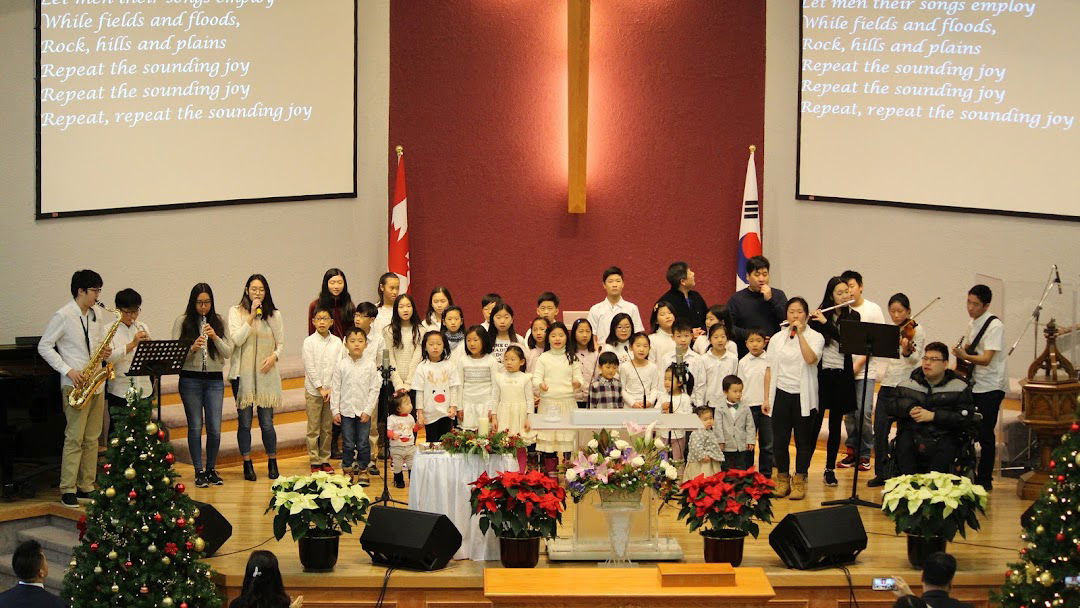Christian Nationalism and the Korean Presbyterian Churches

20 June 2023
By Dr. Adi Schlebusch
Presbyterianism has long been considered one of the main contributors to the rise of nationalism in Korea, especially as this was revived in the late nineteenth and twentieth centuries in reaction to Japanese colonialism—the same time Presbyterianism first emerged as a civil religion in Korea.1
Through the Presbyterian Church's historic efforts in education, whereby it established various schools throughout the country, it strove to promote the ideals of nationalism among the country's youth and reform and sanctify the Korean nation so as to allow it to grow into a Christian nation.2 One of the express goals of the Presbyterian Church's drive to establish schools was to revive Korean nationalism by means of the gospel of Jesus Christ. Their philosophy was to enlighten the people through true knowledge based in Scripture, and literacy in their native Korean language was understood to serve a dual purpose of helping people read the Bible while also embedding them more deeply into their own national culture by cultivating a love for their own national tongue and history.3 The head of the Department for Religious Education of the Presbyterian Church of Korea, Cheong In-wa, famously attended the Eleventh World Sunday School Convention in Rio de Janeiro, Brazil in 1932, where it was declared that
The gospel of Jesus ought to meet the needs of the people in the life and circumstances where each lives; it should give expression to the latent aspirations in the national subconscience. Each people has its typical ways of feeling, its different aspirations. These peculiarities should ... find expression in the religious life of the people. Here we find the real meaning of Christian nationalism.4
Cheong In-wa consequently promoted Protestant Korean nationalism as the way forward for the Korean people—as the means of national preservation and progress. The ultimate goal was to see the Kingdom of God manifest nationally on all levels of Korean society.5 Sadly, however, the ideals envisioned for the Korean people still remain unrealized to this day, with South Korea descending into liberalism and North Korea into Communism after the Second World War. Nonetheless, it still remains our duty to pray that the Presbyterian Church in Korea regain its nationalist fervor once again.
Korean Presbyterians who settled in the United States also maintained this same position on Korean Christianity being integral to Korean nationhood and as such established ethnic Korean Presbyterian Churches on American soil. The conservative Korean American Presbyterian Church has over 80 000 members in the United States and Canada, while the more liberal Korean Presbyterian Church Abroad has 55 000. In a recent conversation on the Sola Network entitled "Why Ethnic-Specific Churches are Still important," Dr. Alex Jun, the coordinator of the Korean-American Leadership Initiative in the Presbyterian Church in America defended the continued existence of Korean congregations by noting that “we are made in God’s image. [As such] we should take the totality of both our Christian identity and our ethnic identity, perhaps in that order, but we are still recognizing our ethnic society.”
Korean Presbyterianism has not only historically been closely connected to Korean ethno-nationalism but continues to be today.
1. Wells, K.M. 1990. New God, New Nation: Protestants and Self-Reconstruction Nationalism in Korea, 1869-1937. Honolulu: University of Hawaii Press, p. 32-46
2. Choi, Y. "The Significance of Protestant Nationalism in Korea." Korean Presbyterian Journal of Theology 44(3) (2012), p. 13.
3. Ibid., p. 19.
4. William C. Poole, ed., The Living Christ in the World Fellowship of Religious Education: Official Record of the Eleventh World’s Sunday School Convention Held in Rio de Janeiro. St. Louis: Bethany Press, 1933, p. 143.
5. Choi, Protestant Nationalism, p. 31.